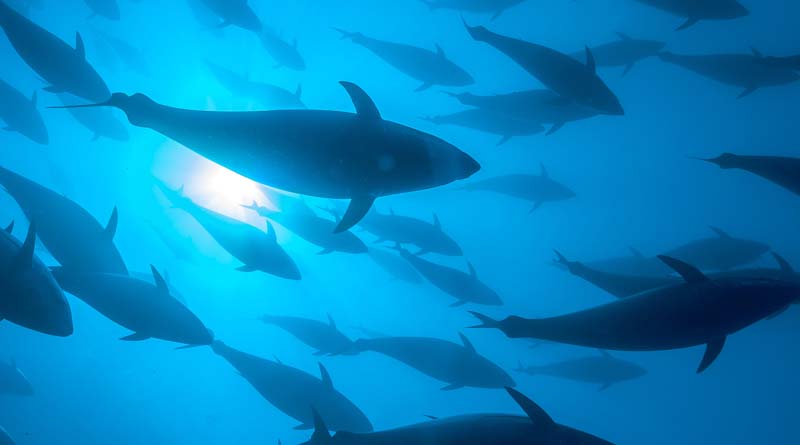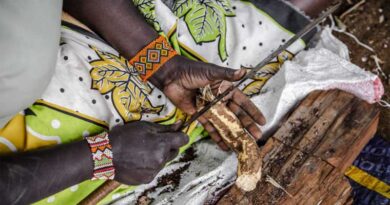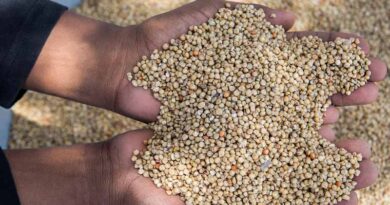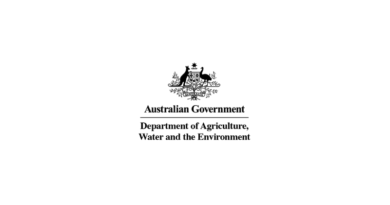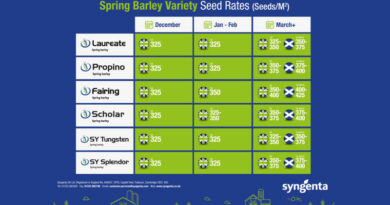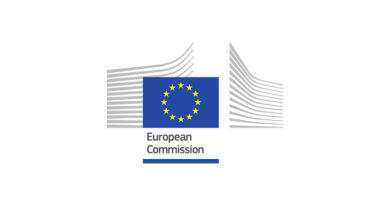FAO set to support implementation of landmark treaty for conservation and sustainable use of marine biodiversity on high seas
21 June 2023, Rome: The Food and Agriculture Organization of the United Nations (FAO) has welcomed the approval by UN member states of a landmark legally binding agreement, under the UN Convention on the Law of the Sea, for the conservation and sustainable use of marine biological diversity in international waters, covering nearly two-thirds of world’s ocean.
FAO is set to support its Members in implementing the accord, often referred to as the “High Seas Treaty”, on safeguarding Marine Biodiversity of Areas Beyond National Jurisdiction (BBNJ), which has been under discussion for nearly two decades and was approved at an intergovernmental conference in New York on 19 June after 5 negotiating sessions.
Treaty marks new heights
The BBNJ Agreement “is of great importance to our efforts to tackle environmental challenges and promote the conservation and sustainable use of marine biological diversity on the high seas,” said Manuel Barange, Director of FAO’s Fisheries and Aquaculture Division.
The agreement “enables us to complete the legal and institutional framework for global ocean governance and as a result manage and conserve our precious marine living resources more effectively,” Barange added.
FAO has consistently advocated for sustainable and effective fisheries management as the best way to replenish stocks, conserving biodiversity and ensuring people continue to benefit from the ocean’s resources, including the high seas.
In tackling biodiversity challenges, including those in areas beyond national jurisdiction, the Organization argues that lasting progress can only be achieved through sustainable practices that enable humans to restore the health of marine ecosystems as part of effective management solutions.
FAO role pivotal
As the only intergovernmental organization mandated to undertake the collection, compilation, analysis and distribution of global fisheries and aquaculture data, FAO has played a crucial role in informing the treaty process and will assist in the implementation of this new legally binding instrument.
The UN agency provides regular information and statistics to support fisheries management, policy-making and planning through the Coordinating Working Party on Fishery Statistics, the Fisheries Global Information System (FIGIS) and the Fisheries and Resources Monitoring System (FIRMS).
FAO is also poised to support the implementation of the treaty by leveraging the existing network of Regional Fisheries Bodies, including regional fishery management organizations (RFMOs), involved in the governance of marine areas beyond national jurisdiction.
Groundwork already laid
Working with its partners through the Common Oceans Program, FAO has already laid the groundwork for change in the ocean governance of shared marine waters.
Between 2014-2019, the program helped to establish 18 new areas to protect vulnerable marine ecosystems, contributed to the reduction of marine pollution and rebuilt tuna stocks to more sustainable levels. It has also helped to lower the bycatch, or discarding by fishers of such species as dolphins and porpoises in the Indian Ocean and the threat to marine turtles in the Pacific Ocean, as well as to build capacity on the BBNJ process and foster public-private partnerships.
Also Read: Best Agrolife gets approval to manufacture Pyroxasulfone
(For Latest Agriculture News & Updates, follow Krishak Jagat on Google News)

